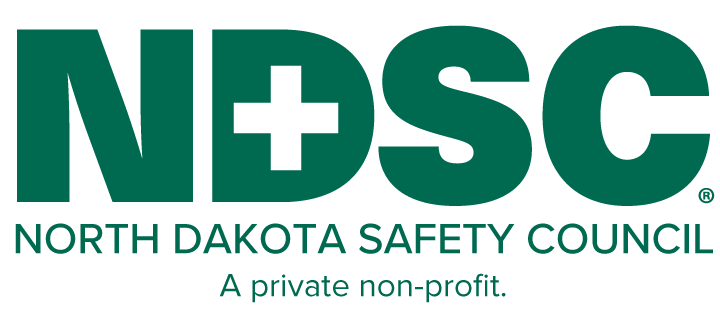FACTS AND SAFETY TIPS
- Trains travel at all times both day and night. Always expect a train at each rail intersection at any time.
- Trains can move in either direction at any time. Sometimes its cars are pushed by locomotives instead of being pulled.
- Trains have the right of way 100% of the time over emergency vehicles, cars, law enforcement, and pedestrians.
- All train tracks and rail property are private property. It is illegal to walk on tracks and it is illegal to be on rail property; you can be charged with trespassing, a misdemeanor offense.
- The average locomotive weighs about 400,000 pounds or 200 tons; it can weigh up to 6000 tons. This makes the weight ratio of a car to a train proportional to that of a soda can to a car. We all know what happens to a soda can hit by a car.
- A train can extend three feet or more beyond the steel rail, putting the safety zone for pedestrians well beyond the three-foot mark.
- Today’s trains are quieter than ever, producing no telltale “clackety-clack.”Any approaching train is always closer and moving faster than you think.
- Remember to cross train tracks ONLY at designated pedestrian or roadway crossings and obey all posted warning signs and signals.
- Stay alert around railroad tracks. Refrain from texting, headphones or other distractions that would prevent you from hearing an approaching train.
- If your vehicle gets hung up on the tracks – get out immediately. Each crossbar has a blue and white sign with an emergency number to call. Give the number on the sign so your location can be tracked, and help can be dispatched.
- It takes the average freight train traveling 45 mph more than a mile—the length of 18 football fields—to stop. Trains cannot stop, (nor swerve) quickly enough to avoid a collision.
- In the event your vehicle gets hung up on the tracks, get out of the vehicle and away from the crossing. Call the 1-800 number on the blue & white sign or call 911.
- Every three hours, someone is hit by a train. Stay alert – expect a train if you see tracks!
Kevin Brown
State Coordinator
Operation Lifesaver of the Dakotas
dl: (701) 751-6114
ph: (701) 223-6372
tf: (800) 932-8890




